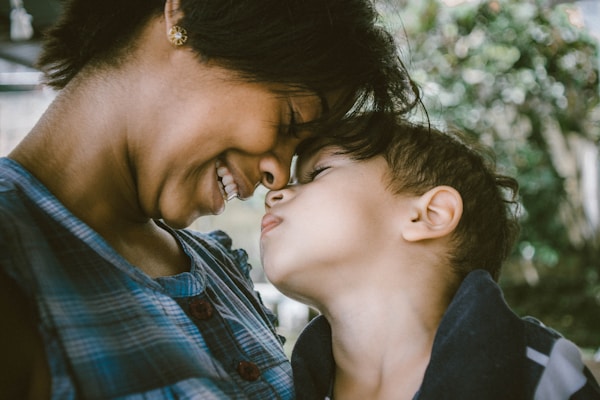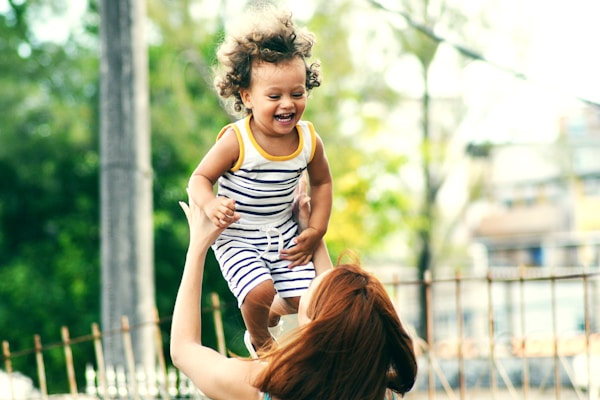Inpatient rehabilitation, also known as residential rehabilitation, is a type of treatment program that requires patients to live in a rehab facility full-time while they undergo treatment. Inpatient rehab is often considered the most intensive type of rehab, as patients receive around-the-clock care and support. This type of rehab facility is often used to treat conditions like aphasia, traumatic brain injury, spinal cord injury, spinal bifida, sensory processing disabilities, and more. Inpatient rehab can be a real challenge, particularly for young people, which is why you should plan to celebrate their achievements when they’re finished. If you’re not sure what to do, read on to find out how to welcome your child home from inpatient rehabilitation.
How can you welcome your child home from inpatient rehabilitation?

First, you should know that there are many reasons why inpatient pediatric rehabilitation is beneficial. One of the most important reasons is that it offers a safe and controlled environment for children to recover. Inpatient pediatric rehab facilities have the resources and staff to provide around-the-clock care to children who are recovering from an illness or injury. The staff is also able to provide educational and therapeutic services to help children regain their strength and independence. These facilities also have access to the latest medical technology and equipment, which can allow children to recover more quickly.
After your child completes inpatient pediatric rehabilitation, it can be fun to have family photos taken. This is a great way to commemorate your child’s progress and to have a physical representation of their journey. You can also use these photos to create a photo album or photo book. You can look for a photo studio, like this one that offers photo studio rental NYC, and discuss your options for photo packages. The photos you take can be used for years to come, you can frame them, use them for holiday cards, or hang them in your home.
It can also be fun to throw your child a party to celebrate their return home from pediatric rehabilitation. You can plan an exciting party with their favorite games, food, and decorations. Be sure to have plenty of activities for your child and their friends to enjoy. It will be amazing to see your child enjoying themselves and having a good time after what they’ve been through.
What else can you do to support your child?

Rehabilitation can be an emotionally difficult process, so it’s understandable if your child is struggling emotionally or with their mental health during or after they complete their treatment program. You may want to think about having them work with a therapist to ensure that they have a safe place where they can discuss their feelings. Therapy can also help children to build self-confidence and to learn how to communicate effectively with others. Research indicates therapy has many benefits, even for those who don’t have a diagnosed mental health condition.
After rehab, maintaining a healthy lifestyle is essential. There are few lifestyle factors that impact your body’s ability to recover than getting enough sleep at night. It is during sleep that the body repairs and regenerates tissue, consolidates memories, and processes information learned during the day. Lack of sleep can lead to impaired cognitive function, decreased immune function, and an elevated risk of developing chronic conditions like high blood pressure. If your child is struggling to fall asleep or stay asleep, talk to their doctor about finding a solution.
As you can see, there are a lot of things you can do to make your child’s return from inpatient rehabilitation as enjoyable as possible. It can be an ideal time to take family photos, throw a big party, or just make time for some of their favorite activities. You will also need to ensure that they have the support they need to continue their recovery, which may include therapy. Encouraging them to make healthy lifestyle choices matters too, as it can affect the way their body recovers. Follow the advice in this article and you can have the peace of mind that comes with knowing you’re doing everything you can for your child.

